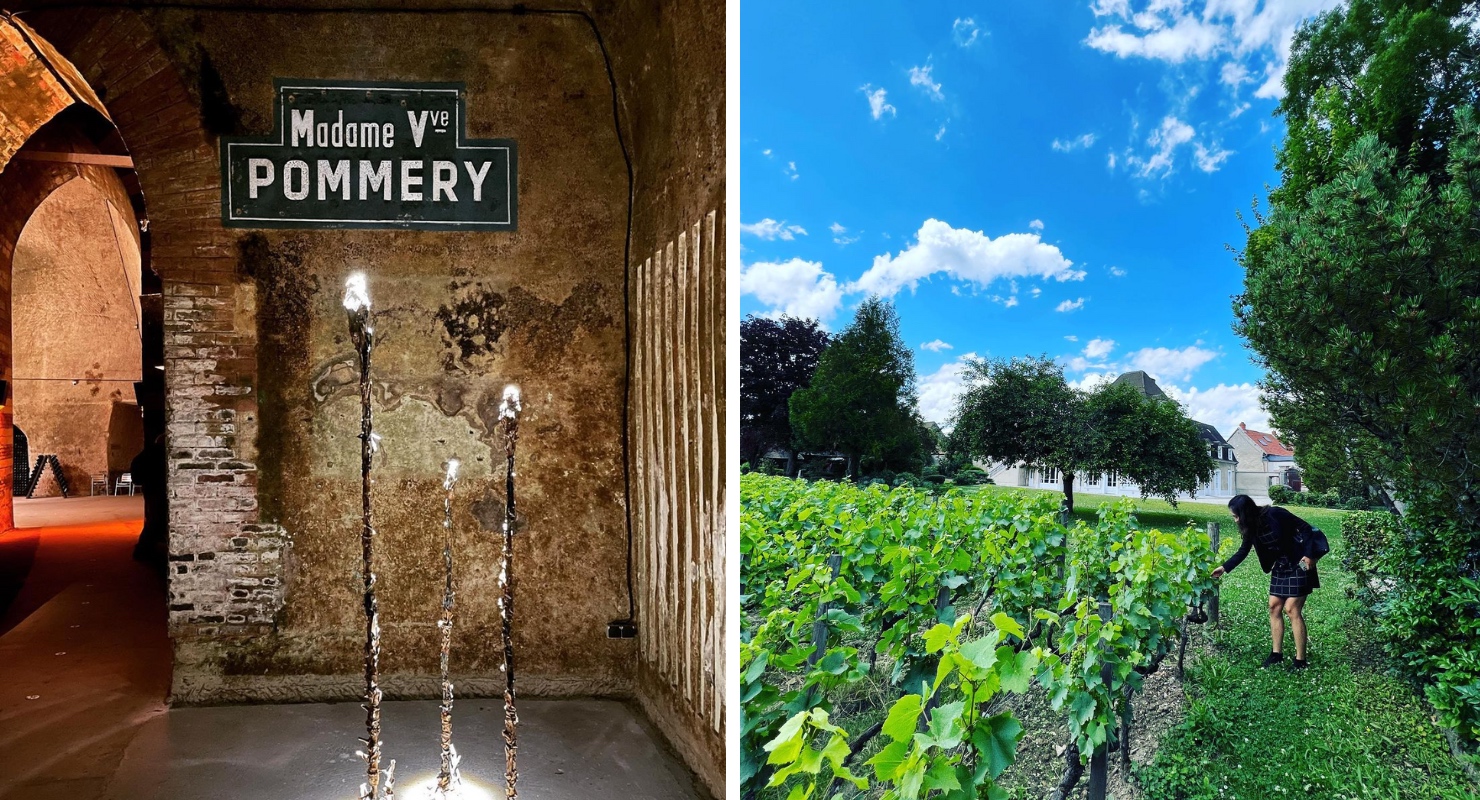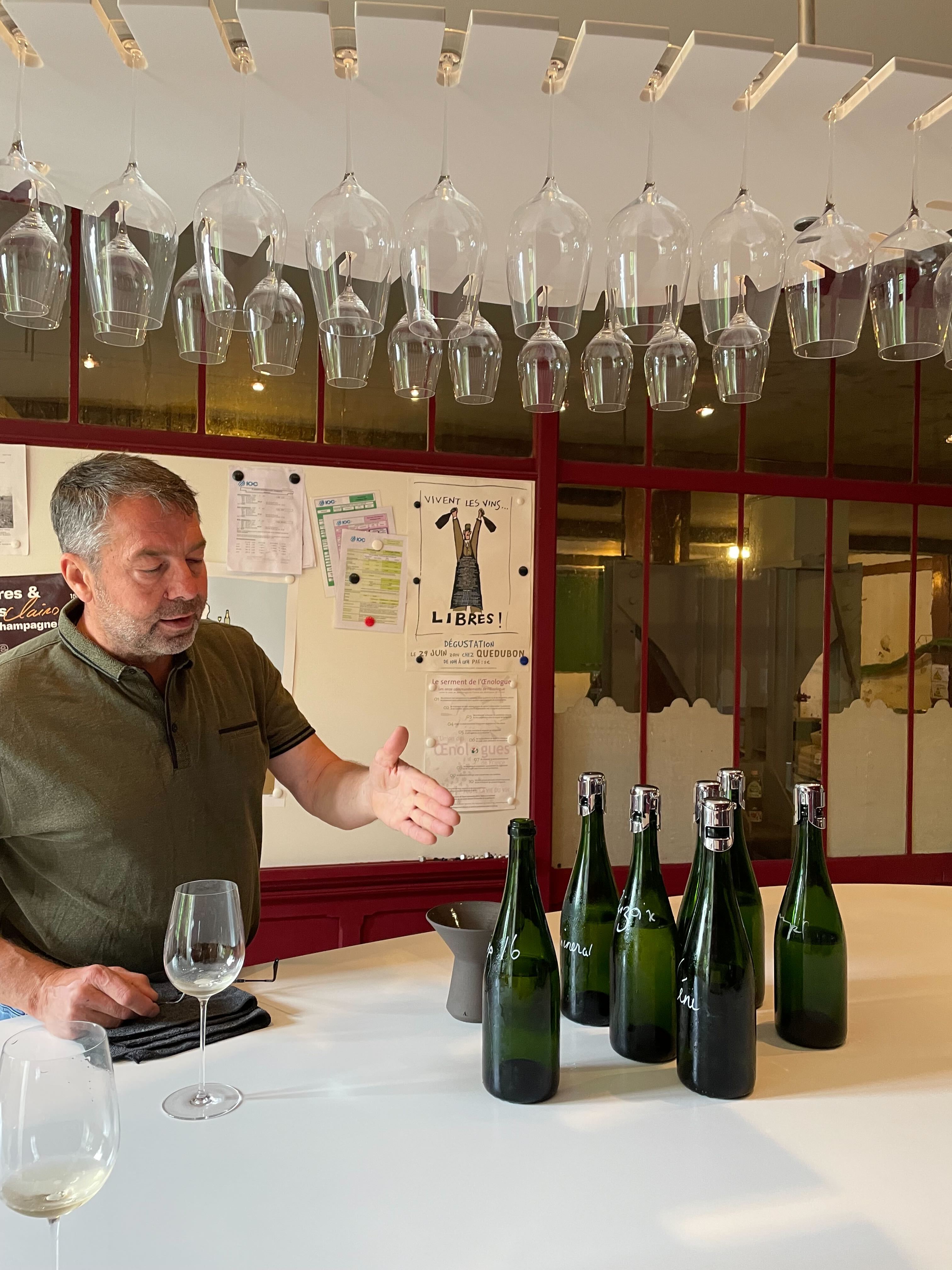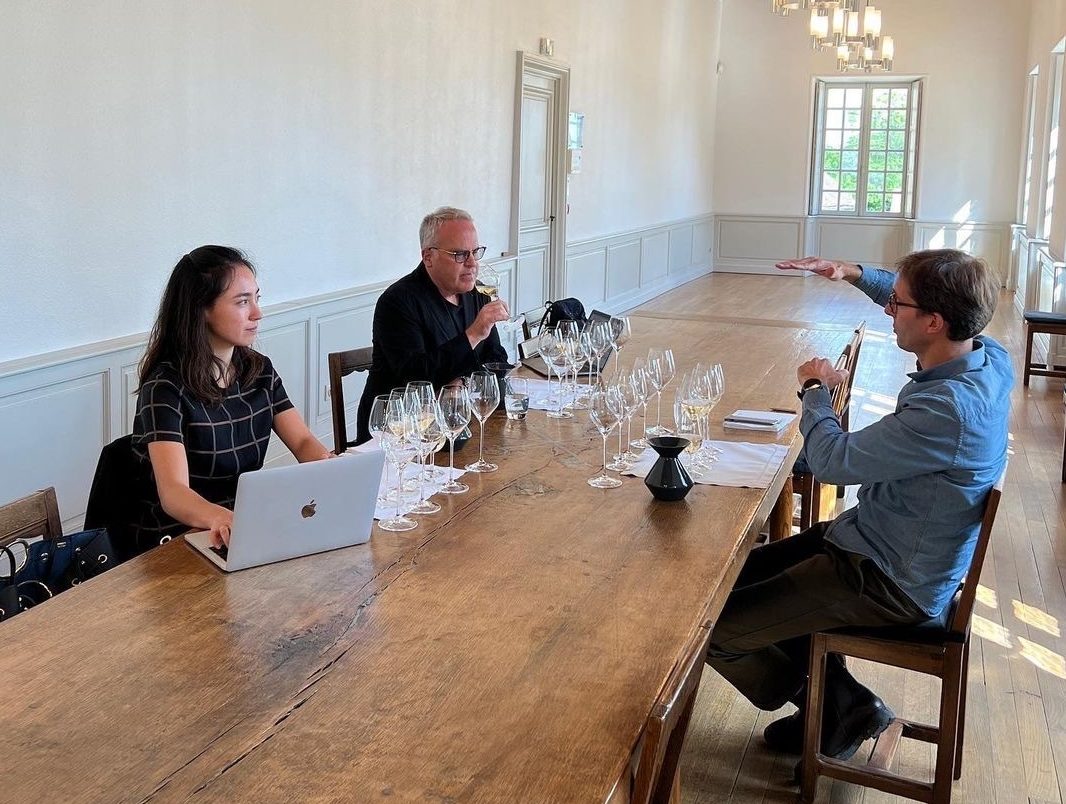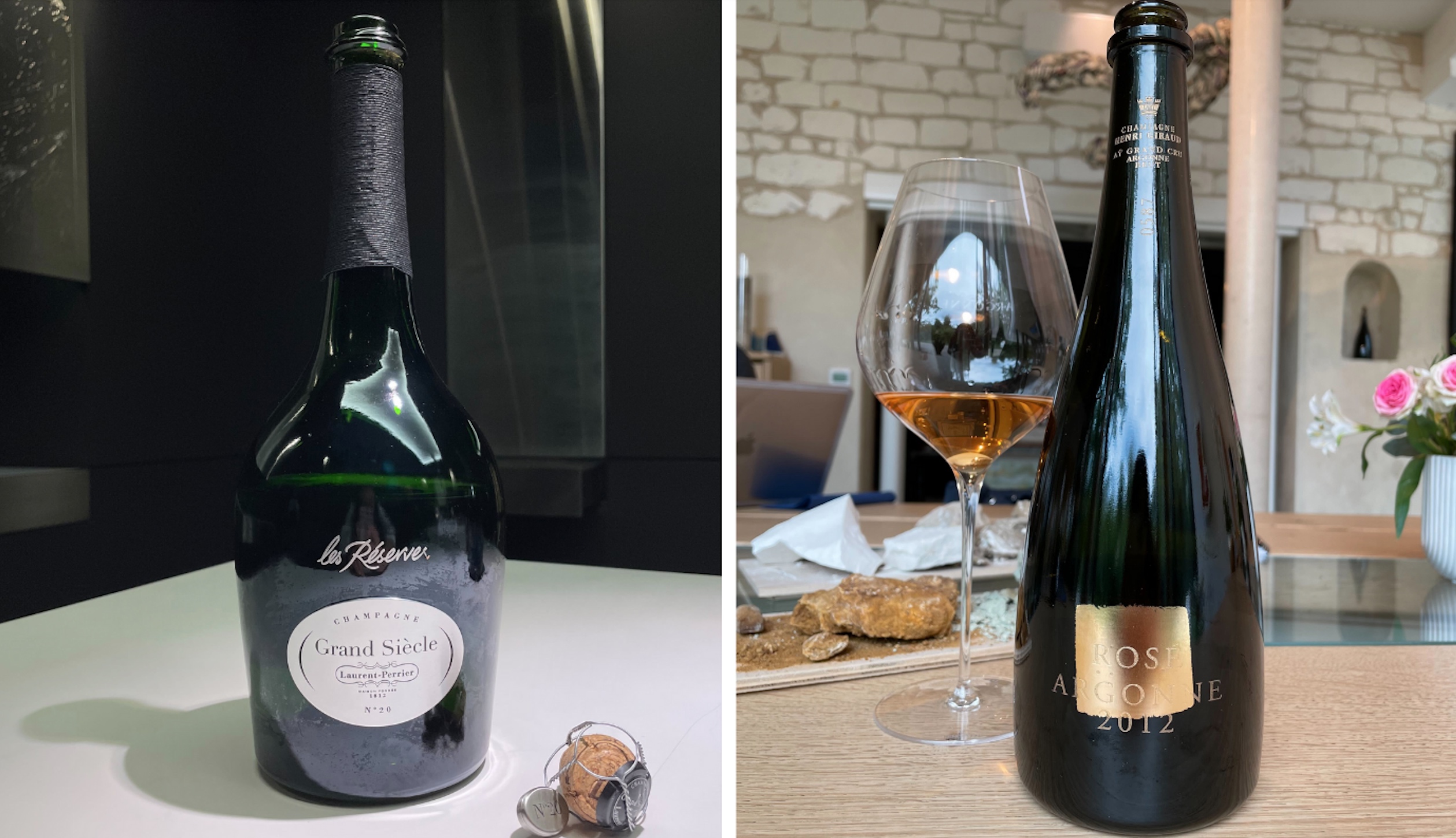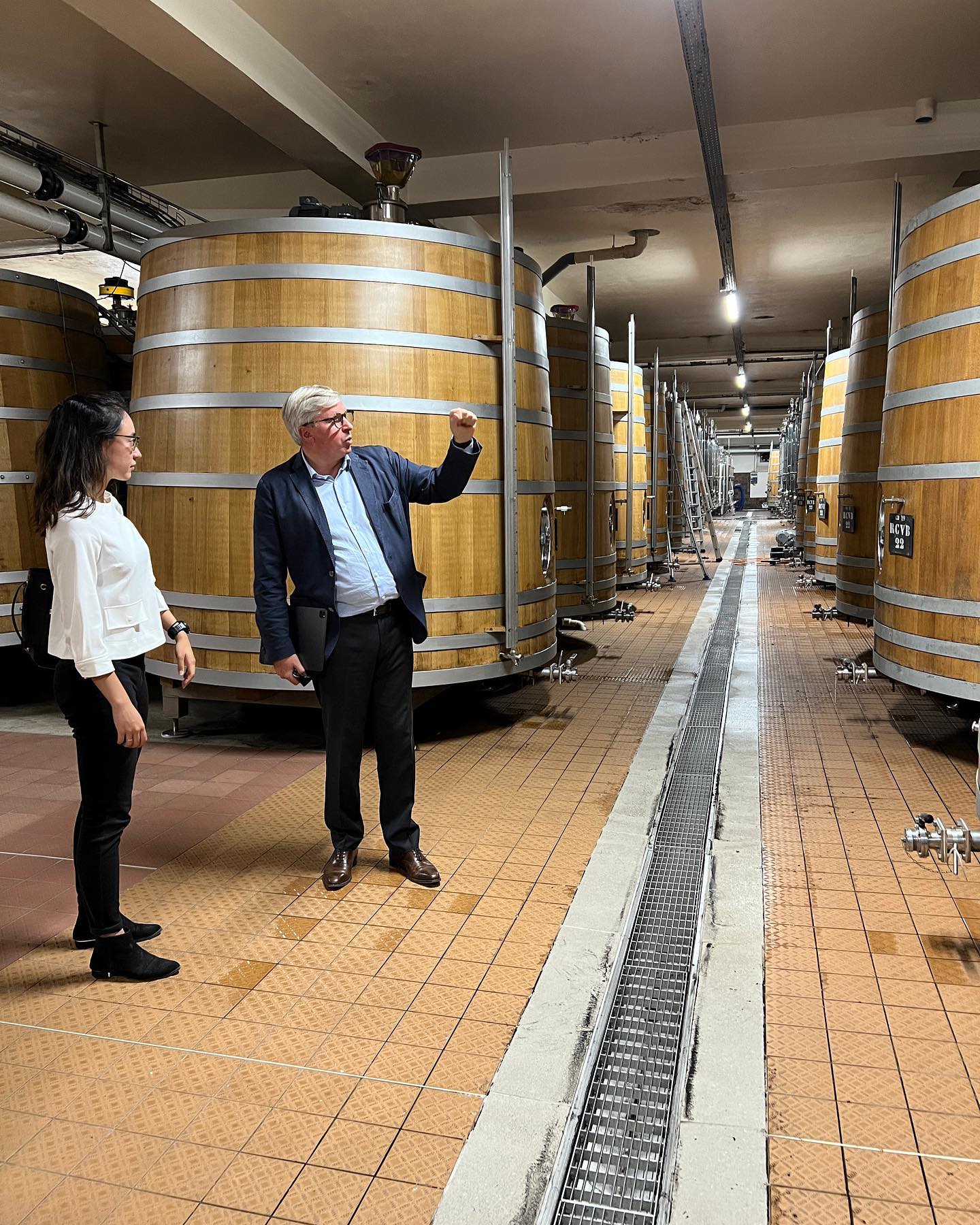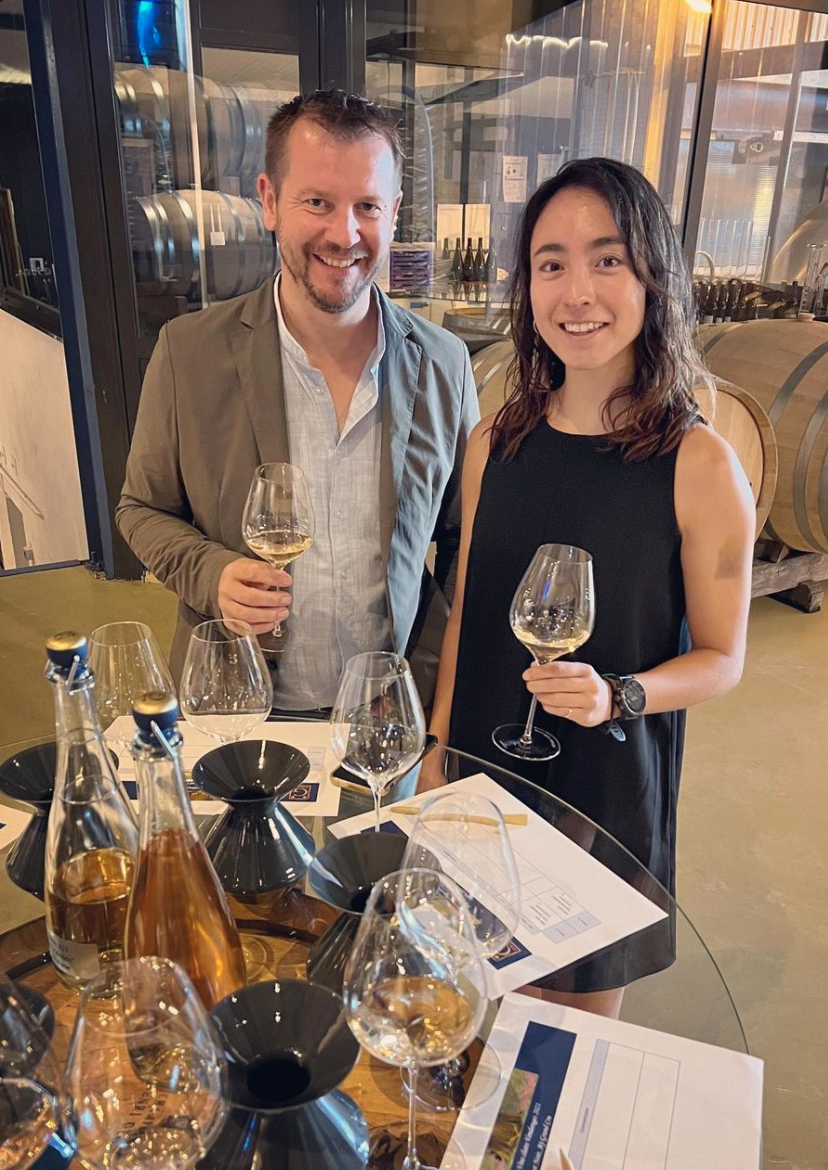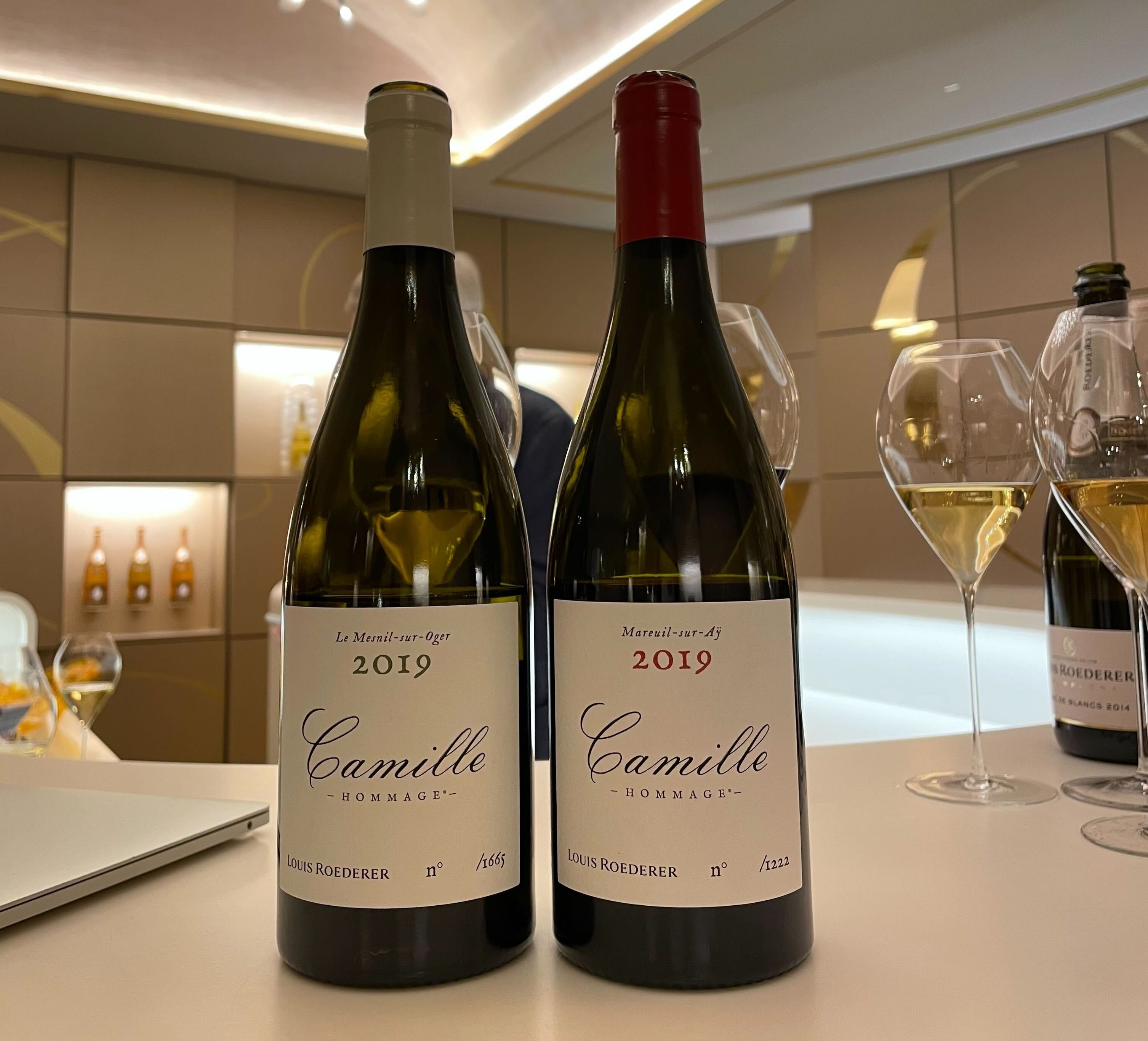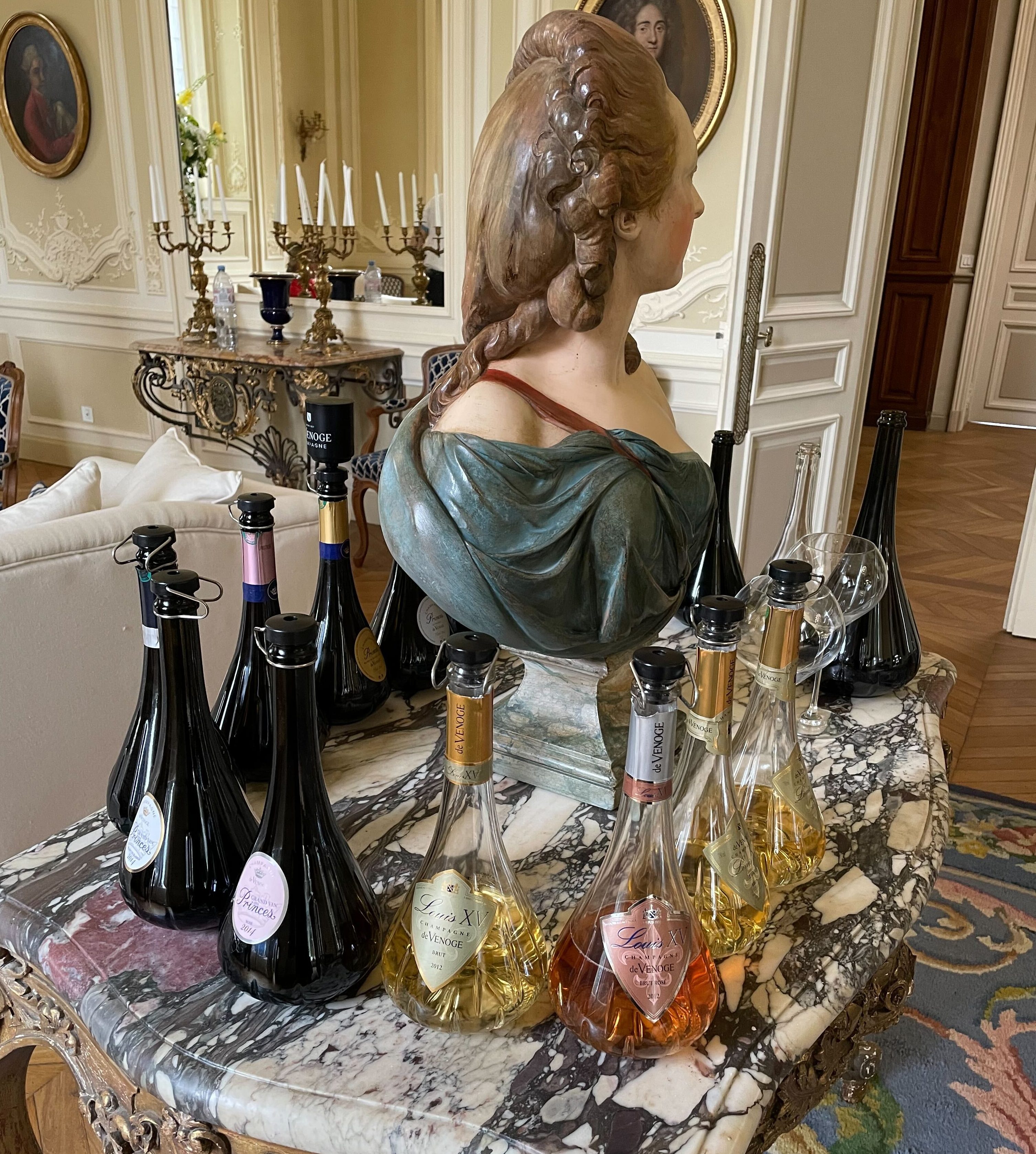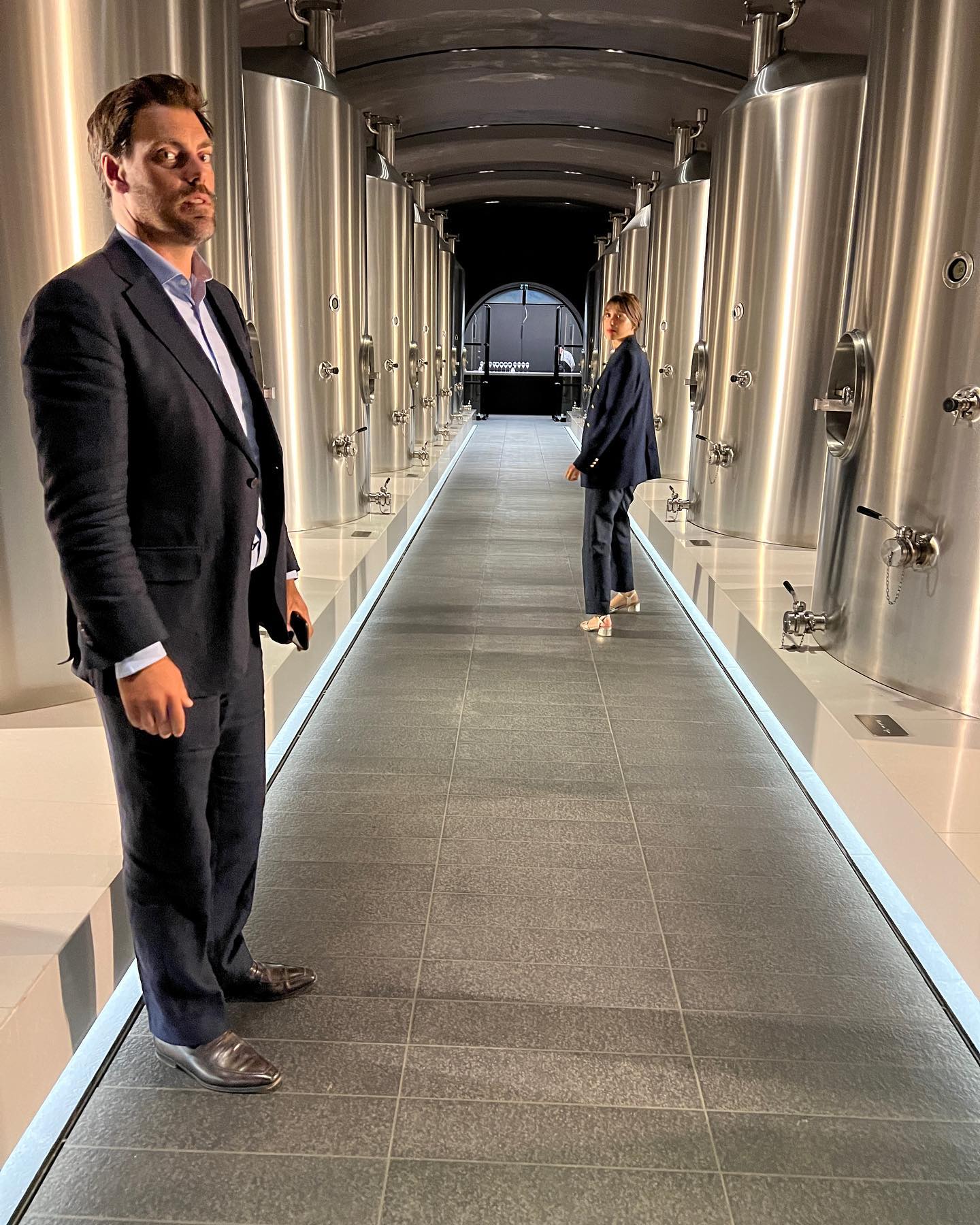Despite the continued debate in Champagne over whether small growers or top houses make the best wines, many leading winemakers in the region believe that both types of wines are a plus to the region – and James Suckling and my recent tastings in Champagne of almost 400 wines more than support this view.
“People want to contrast growers and big houses, saying that growers represent terroir. But if 100 percent of the land belonged to me, the decisions would be the same, and we are lucky to have diversity of terroirs and of vine growers,” said Julie Cavil, the cellar master of prestigious Champagne house Krug, adding that quality-focused houses like Krug aim to translate and express terroir, despite not owning most of its vineyards.
Added Lucie Pereyre de Nonancourt, whose family own the Champagne house Laurent-Perrier: “The houses have done work on parcels, but it gets lost in communication. I think growers are a good alternative to big houses because they communicate it to the consumers. They do not have as much reserve wine or capacity so they have to adapt, but that’s nice because it’s an alternative.”

